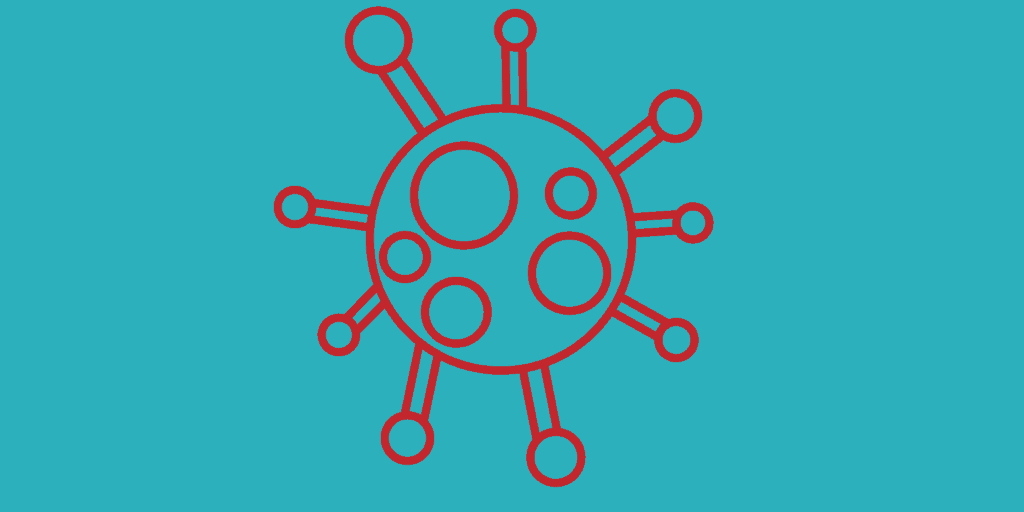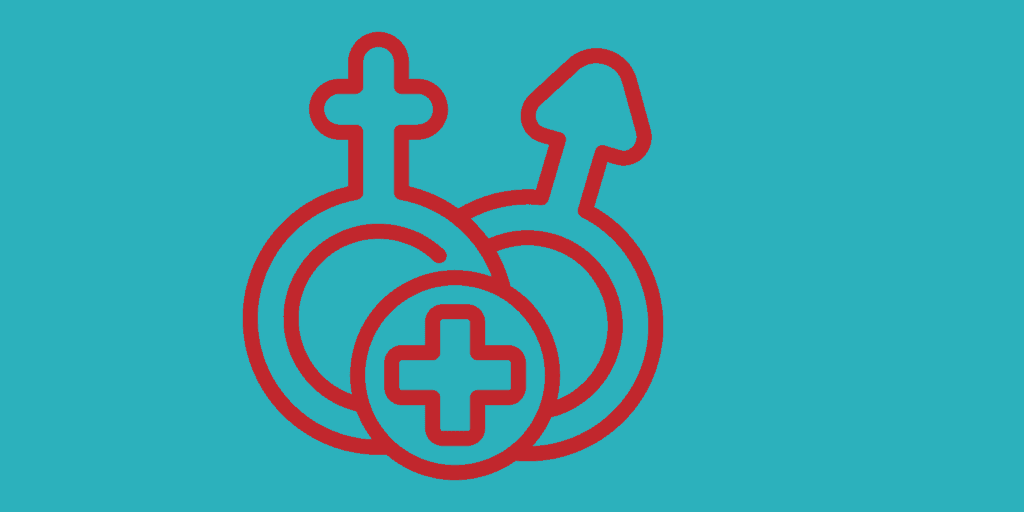What causes chlamydia? How does one contract it? And can you get chlamydia from kissing? If you have ever wondered about these and other similar questions, the following discussion will help shed some light on the subject so that you may make an informed decision concerning your sexual health and well-being.
What Is Chlamydia?
Chlamydia is a bacterial infection, and it is classified as a type of sexually transmitted infection that can affect both men and women. Chlamydia spreads through contact with infected vaginal fluid, semen, or blood. though it’s treatable, not seeking treatment may lead to major complications.
The most common symptom of chlamydia is an abnormal discharge from the vagina and/or penis. If left untreated, chlamydia can lead to pelvic inflammatory diseases which can cause infertility in women.

Symptoms of Chlamydia
Symptoms of chlamydial infection often don’t show up until 3-5 weeks after exposure, which means people need to be tested regularly if they’re sexually active.
The symptoms include:
Vaginal or penis up normal discharge
Discomfort while urinating
Lower abdominal pain
Pain and swelling in one or both testicles for men
Anal bleeding
Vaginal bleeding
However, some people who get chlamydia have no symptoms at all which makes chlamydia spread is highly likely hence why sexual awareness is very important.
Causes of Chlamydia
One of the most common ways people get chlamydia is by having vaginal sex with sexual partners without using a condom, but it can also be spread through anal sex or oral sex. It can also transmit to your baby through childbirth.
It is important to know that chlamydia can cause problems in both men and women, even though the majority of cases are seen in women. Men can get chlamydia as well, especially if they have unprotected anal intercourse or oral sex with an infected woman.
Chlamydia can cause other disorders such as infertility, ectopic pregnancy (when the egg develops outside the uterus), low birth weight babies, and pelvic inflammatory disease such as chronic pelvic pain.
Treatments for Chlamydia
Chlamydia treatment is often taken by mouth, the treatments may include antibiotics, vaginal fluids or ointments, and prescription medicines. The most common medication for successful treatment is azithromycin, which typically has a one-day course of treatment.
Other drugs that can be used to treat chlamydia infection include erythromycin, doxycycline, and tetracycline. These are usually taken for 1 week to 10 days of treatment and it takes 1 to 2 weeks to disappear, it is advised idea to abstain from sex during this time to prevent the spread of the disease.

Complications of Chlamydia
Though most people with Chlamydia experience mild discomfort, untreated Chlamydia can lead to severe health consequences for the infected partner.
Women with an untreated case of chlamydia have a higher risk of contracting the infection in the uterus and fallopian tubes. This can lead to damage to the reproductive system, preventing the system from ever working the same.
Problems may include infertility, difficulty conceiving, or even fatal ectopic pregnancy. An ectopic pregnancy is when a pregnancy occurs outside of the womb.
Untreated chlamydia could lead to an increased risk of getting HIV.
Males with a penis seldom have health problems related to chlamydia, but they may have pain and fever if the condition has spread to their tubes which carry sperm.
Males contract chlamydia won’t adversely affect a male’s ability to conceive a child.
How to Prevent Chlamydia?
Anyone who is sexually active could contract this infection at any time; but you should be tested regularly because symptoms may not always show up on a regular basis the way to find out if you have contracted this disease is by getting tested! If your doctor suspects you may have contracted this disease, then he/she will give you either a blood test or urine test to see what your status is.
Other tips to prevent Chlamydia includes:
Having one sexual partner at a time.
Avoid unprotected vaginal sexual contact.
Do not share sex toys.
Refine from performing oral sex with an infected person.
How Common is Chlamydia?
According to the CDC, an estimated 2.86 million people in the United States have chlamydia and it is the most common sexually transmitted infection in America. other statistics around the world indicate that women are at a greater risk of getting chlamydia than men because they have more exposure to this STI.
The likelihood of being exposed to chlamydia increases with age and the number of partners because there is a greater risk of contracting the disease through sexual activity with someone who has an untreated or undiagnosed case of this disease.
Can You Get Chlamydia from Kissing?
The short answer is No. However there is a range of other conditions which can be transmitted by kissing:
Viral infections and common colds
Influenza
A common saliva-borne virus that causes mononuclear is known as the Epstein-Barr virus.
Herpes simplex virus, which is known commonly as a cold sore or fever blister
Infection with hepatitis B, but only if bites or trauma cause abrasions or mouth sores where blood can be exchanged
Cytomegalovirus, which is a common virus that can be transmitted to anyone but rarely causes symptoms
Meningitis, an inflammation of the brain and spinal cord
Sexually transmitted infection
Chlamydia is one of the many known sexually transmitted infections. Most of the infections are treatable but some have some serious symptoms and lead to other complications such as infertility.
The best prevention against chlamydia is to be abstinent or use protection if you are sexually active. If you think you might have been infected, visit your doctor for a chlamydia test as well as treatment for this infection.
